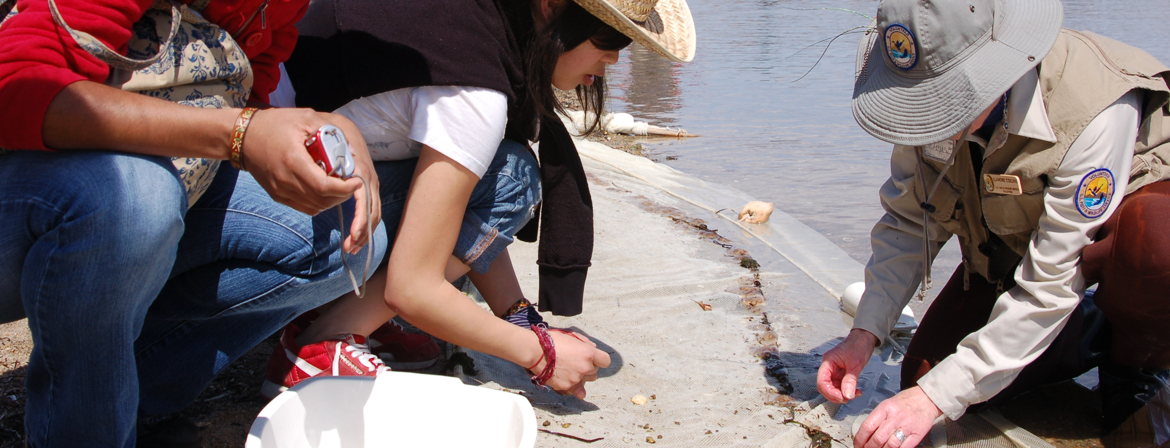Who Recycles and When? A Review of Personal and Situational Factors
Schultz, P. W., Oskamp, S., & Mainieri, T. (1995). Who recycles and when? A review of personal and situational factors. Journal of Enviornmental Psychology, 15, 2, 105-121.
Changing Behavior and Making it Stick: The Conceptualization and Management of Conservation Behavior
De Young, R. (1993). Changing behavior and making it stick: The conceptualization and management of conservation behavior. Environment and Behavior, 25, 4, 485-505.
Willingness to Pay for Public Goods: A Test of the Contribution Model
Guagnano, G. A., Dietz, T., & Stern, P. C. (1994). Willingness to pay for public goods: A test of the contribution model. Psychological Science, 5, 6, 411-415.
Cognitive Consequences of Legislating Postpurchase Behavior: Growing up with the Bottle Bill
Kahle, L. R., & Beatty, S. E. Cognitive consequences of legislating postpurchase behavior: Growing up with the bottle bill. Vol. 17. 1987. 828-843.
Behavioral Interventions in Resource Conservation: A System Approach Based on Behavioral Economics
Winkler, R. C., & Winett, R. A. (1982). Behavioral interventions in resource conservation: A system approach based on behavioral economics. American Psychologist, 37, 4, 421-435.
Environmentally Perverse Government Incentives
Clement, P. (1992). Environmentally perverse government incentives. National Round Table on the Environment and the Economy.
Five ways to boost e-waste recycling
Why are Energy Policies Acceptable and Effective?
Steg, L., Dreijerink, L., & Abrahamse, W. (2006). Why are Energy Policies Acceptable and Effective?. Environment and Behavior, 38(1), 92-111.



